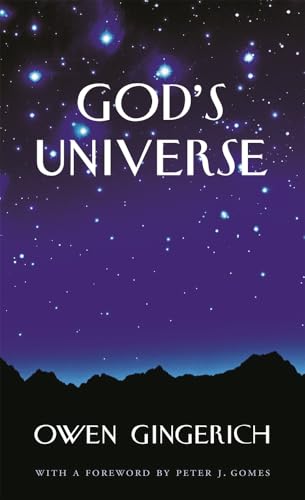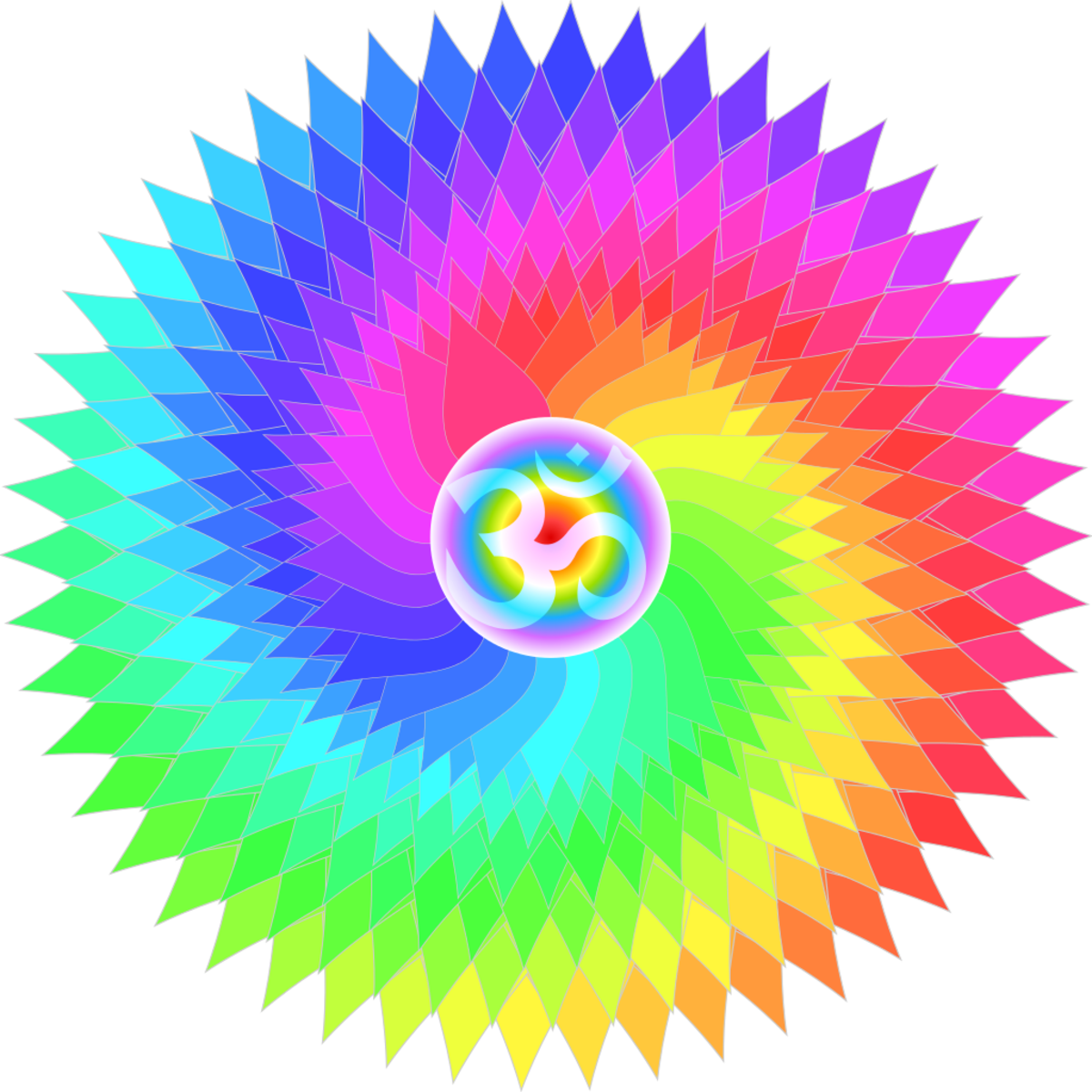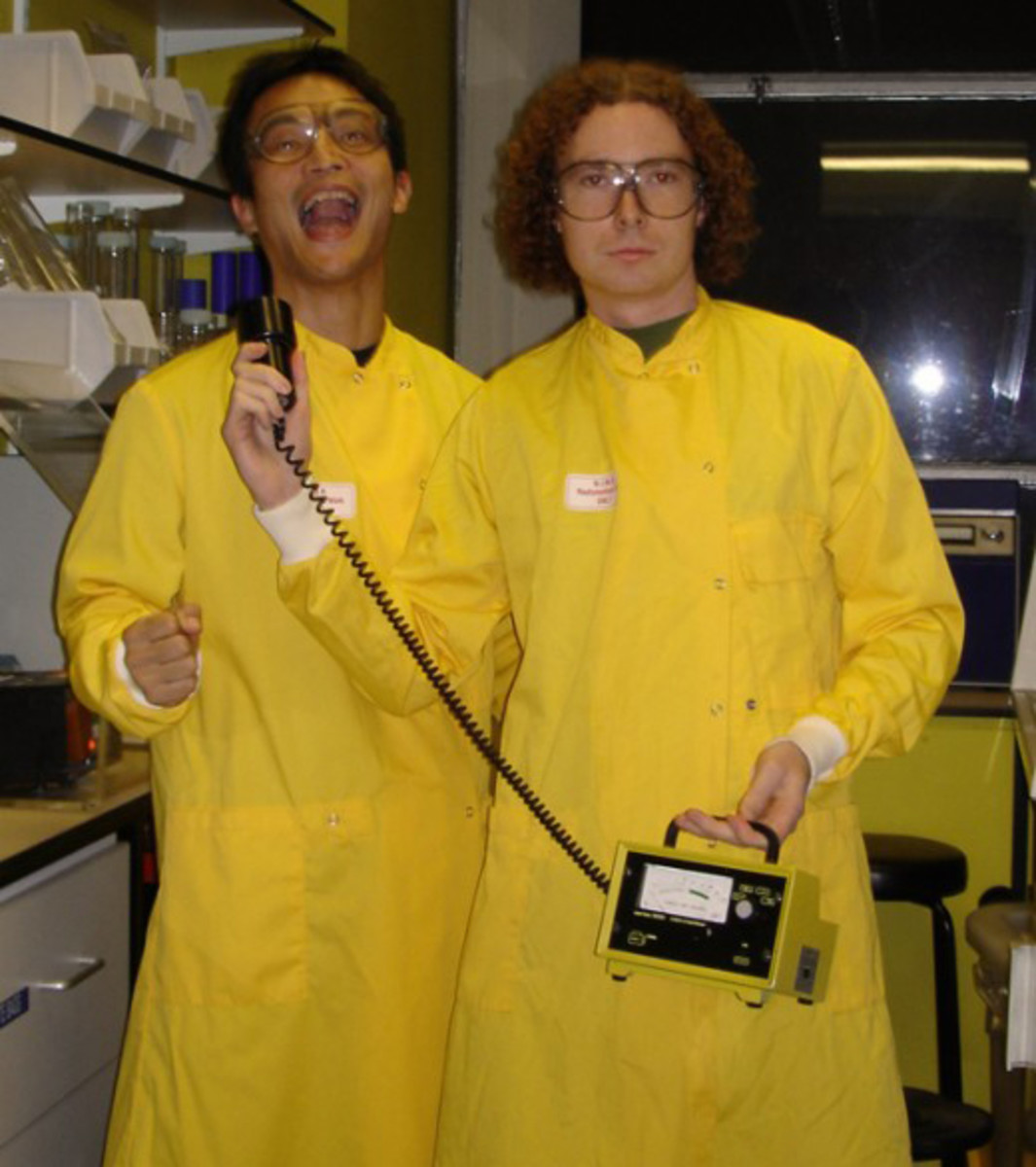So You Believe in the Nothing

Then again, maybe you don't. But if you are an atheist, you do. What?
Let me explain.
For some, God is a big "nothing." He is invisible and, for the atheist, non-existent. Is this the nothing to which I refer?
For the atheist, there was no source to the universe. It merely exists. For some, it always existed. Prior to the Big Bang was a Crushing Collapse. And the universe has been expanding and collapsing forever.
Is there a limit to the mass which can be contained by an event horizon? Do black holes have an upper limit? If so, when a black hole reaches that limit, does it explode? Otherwise, a universal collapse should result in merely another black hole of universal mass. Nothing could escape that collapse—not even the universe.
Whether time is finite, bounded on one end by the Big Bang, or whether it is infinite, the atheist claims that the universe had no cause. Unlike everything else discussed in science, the universe is the one effect for which there is no source. Nothing caused it. Curious.
It just happened.
Sounds like a bumper sticker I once saw in L.A. "Stuff" happens. This sounds pretty Zen—the effect for which there is no cause. Here is the new bumper sticker: "Universe Happens." Now, it sounds as though we are neck deep in a whole lot of stuff—a universe of it.
If you believe that the universe just happened, then you believe in the Nothing that caused it all. Sounds like a religion to me.
I Don't Know
Perhaps a more intelligent point-of-view is that of "I don't know"—agnostic, rather than atheistic. This contains a great deal of humility. And what a beautiful thing for a scientist. This is the standard operating basis of a scientist. This is compatible with the rules of scientific method. Too bad that scientists are too frequently socially and professionally so unscientific. How can I say that? In a word—skepticism.
A scientist should be neutral about the unknown, but they are not. They are biased. Scientific method cautions against any bias, but the foremost tool of science—skepticism—contains a bias—that of doubt. Doubt is not neutral. Restraint and humility are.
The Dark Side
It gets worse. The benign form of skepticism used by most scientists looks a lot like restraint, but with a dash of doubt thrown in. Science has done quite well with this imperfect paradigm. But skepticism has a dark side.
All too often, you will read an article about some scientist up in arms, ridiculing another scientist or group of scientists for presenting ideas which are "obviously" crazy. But how do they know? Shebam, the all-seeing, has spoken. This happened recently when NASA scientists reported on a microbe which seemed to thrive in an arsenic environment. And yes, some scientists went crazy with ridicule. What happened to skepticism? They can aim that "cannon" at other scientists, but carefully forget to use it on their own ideas.
Even the current laws of science are not immune to question. Newtonian physics got revamped by Einsteinian Relativity. Self-skepticism is far better than ridicule, and self-restraint is even better.
This type of rowdiness also happened in North American anthropology with the Clovis-first dogma. For awhile, if you did not bow down to the Clovis "god," you were ridiculed. Who is going to fund a scientist who remains a laughing stock? If you wanted to remain in your chosen field, you towed the party line. Excommunication from this church meant finding a new career. That's not science. That's ego. That's arrogance.
When a scientist goes on such a rampage, it looks a lot like delusions of grandeur. Remember Shebam, the all-seeing? How do they know? Some scientists speak without even looking.

Formula for Creation
From my extensive experience with "miracles"—the mechanics of creation—I have devised in symbolic form an expression for creation. This is my current, working hypothesis.
(0/n)-1
Zero over "n" raised to the minus-one power. There you have it—the secret to the universe. Isn't it beautiful in its simplicity? Don't you want to rush right out and create something? But what does it mean?
This is not a normal mathematical expression, though it possesses similar properties. The bar separates cause from effect—cause on top, effect on the bottom.
Zero symbolizes the Nothing. The letter "n" signifies "anything."
The expression, "0/n," tells us that the Nothing as cause and something (the "anything") as effect, results in zero persistence. This is the "word" or "idea"—the template or blueprint—of that something.
The negative exponent does here what it always does in normal mathematics—it yields for us the reciprocal or inverse—n/0. Here, the Nothing is at effect and the something is at cause. This would prove to be the phenomenon of "observer and observed," that is, if the Nothing were a conscious entity.
One curious feature of this resulting expression is that it is symbolically equivalent with infinity. Okay, math purists will complain that this expression remains undefined, but in my symbolism, it represents infinity. After all, as the denominator approaches zero, the value of the expression approaches infinity. The intent here is to represent that the created something now has potentially infinite persistence. It now belongs to the time-stream of physical reality.
Applied mechanics would work like this. You get a mental image of the desired "something," then let that image go. Let me break that down for you. As in many a motivational seminar's goal setting sessions, you picture your goal as if it were already a done deal. Beyond that, the real trick is to let go of the idea with the conviction that it is as good as done. No worries. Conscious awareness turns to some other activity, while one's attention (sub-conscious) remains on the "something." Then, one observes the manifestation of the "something" in physical reality. Nothing could be simpler, right?
Wrong! As humans, we make it entirely complex. Humans are a mixed bag. They consist of a Homo sapiens body (that's the obvious part), but also an ego (too frequently obvious). Neither of these physical constructs can create. They are cogs in the machine. Only the Nothing can create. Could there be a bit of the Nothing inside us, occasionally waking up to create something.
Like the pesky, "intermittent bug" in software parlance, such apparent "magic" happens rarely enough and intermittently enough to cause some "believers" to ridicule the possibility of such things. Who are these "believers?" They are atheists and other skeptics who "believe" in the Nothing. And remember, "Nothing" created it all.
So You Believe in the Nothing
Welcome to the club. Most of the people on planet Earth also believe in the Nothing. Comforting thought, that.
Rod Martin, Jr. is a past Hollywood artist, software engineer and award-winning essayist from Texas, USA. Mr. Martin currently lives with his wife in Cebu, Philippines. He is also the author of the forthcoming book, The Bible's Hidden Wisdom, God's Reason for Noah's Flood.—http://www.GenesisCode.Net.










